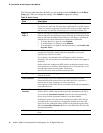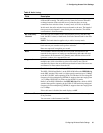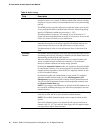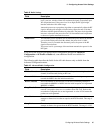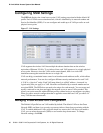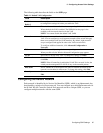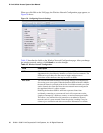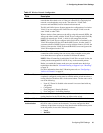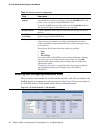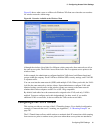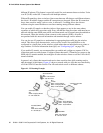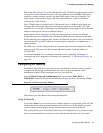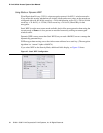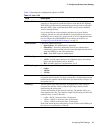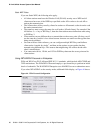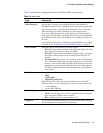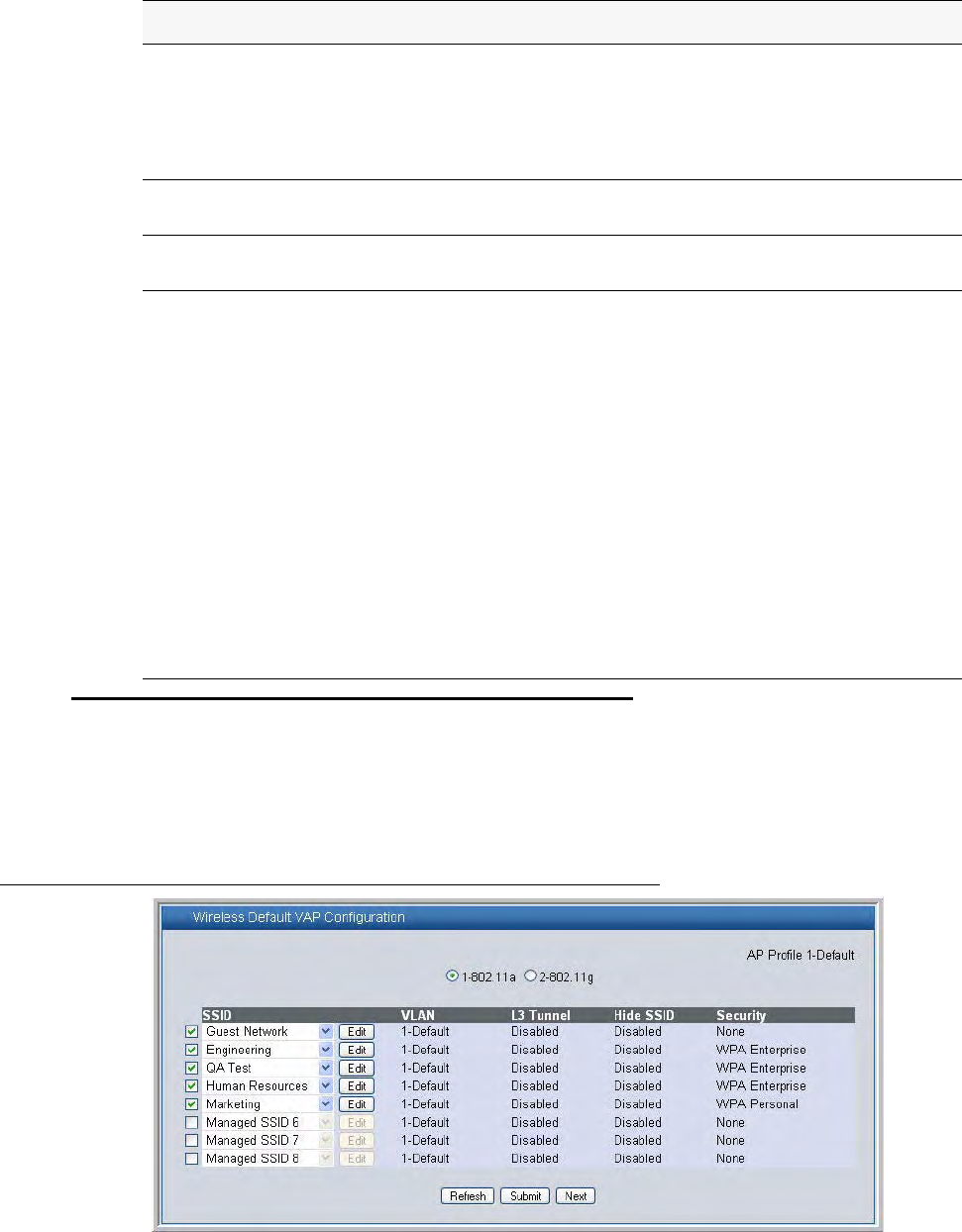
90 © 2001- 2006 D-Link Corporation/D-Link Systems, Inc. All Rights Reserved.
D-Link Unified Access System User Manual
Enabling and Configuring Additional VAPs
When a wireless client searches for available wireless networks, each VAP you enable on the
VAP tab appears as a separate network to the wireless client. Figure 39 shows an example of
an AP Profile with five VAPs enabled. Each VAP uses a different network.
Figure 39. AP Profile With Five VAPs Enabled
RADIUS IP
Address
If you use a RADIUS server to authenticate wireless clients, you can use the
same RADIUS server that you configure on the AAA/RADIUS tab for the
profile, or you can specify a different RADIUS server.
To specify a RADIUS server for this VAP, clear the Use Profile check box
and enter the IP address of the RADIUS server in the field.
RADIUS Secret To enter a RADIUS secret, select the Edit check box and type the secret in
the field.
RADIUS
Accounting
Select the RADIUS Accounting check box to enable accounting for wireless
clients on the specified RADIUS server.
Security The default AP profile does not use any security mechanism by default. In
order to protect your network, we strongly recommend that you select a
security mechanism so that unauthorized wireless clients cannot gain access
to your network.
The following WLAN network security options are available:
• None
•WEP
• WPA/WPA2
If you select WEP or WPA/WPA2 as your security mechanism, a dialogue
box asks if you want to change network security. After you click OK,
additional fields appear, and any network settings that you modified are
applied to the switch.
“Configuring AP Security” on page 93 describes the security mechanisms
and the additional fields you can configure if you select WEP or
WPA/WPA2.
Table 12. Wireless Network Configuration
Field Description



